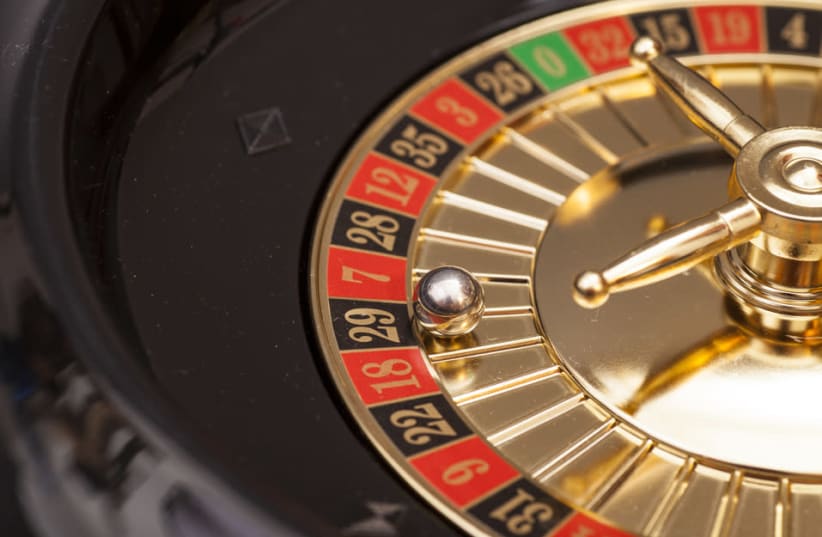Peru is one of the few countries in Latin America boasting a fully-fledged gambling scene. The country has invested in regulating gambling since 1979, with the enactment of Decree-Law No. 22515 into law. Since then, gambling regulations have been amended, and Peru began issuing licenses for online casinos back in 2008. There's a clear framework for regulation, which attracts foreign and domestic investors alike. As such, Peruvians have access to a wide range of casino products, both domestic and offshores. Here's a quick overview of Peru's online casino regulations, including a brief history of its evolution, a review of the licensing process, and legal games players can enjoy.
History of online gambling in Peru
Peru started issuing licenses to operators interested in starting online casinos in 2008 and, in 2011, introduced regulations to log in all domestic gambling transactions in designated servers. However, gambling has been part of the culture, and the South American country has flourishing land-based gambling that stretches several decades back. The first official move to legalize gambling came in the 1979 Decree-Law No. 22515. You can spot various land-based casinos across the country, responsible for an influx of tourists that come to explore Peru's rich heritage and gambling halls. The Ministry of Foreign Trade and Tourism, through DGJCMT (General Directorate of Casino Games and Slot Machines), regulates all domestic gambling activity, including operator licensing. Here's the timeline of regulations that led to the current vibrant online gambling scene:
- 1979 - Decree-Law No. 22515
- 1990 - Legislative Decree No. 608
- 1991 - Legislative Decree No. 698
- 1992 - Decree-Law No. 25836
- 1999 - Law No. 27153. Amended by Law No. 27796
- 2006 - Law No. 28945
- 2012 - Law No. 29829 and 29907
No laws prohibit any kind of online gambling, which means players can enjoy all kinds of chance games and casino products, ranging from slots and table games to sports betting.
The Peruvian gambling license
DGJCMT is the body designated to oversee gambling operations and ensure all operators meet set standards before receiving a license. Domestic gambling operators are highly regulated and required to obtain a valid gambling license from the DGJCMT. However, Peru doesn't have rules against foreign investors. UK's Bettson was the first to secure a gambling license from the state, offering punters with various top-rated casino products. Offshore sites aren't required to acquire a gambling license, which opens the market for healthy competition. However, this also comes with various security risks, so it is essential to review all platforms and ensure they hold credible licenses from their jurisdictions.
For instance, if you are playing on a UK site, they should have an EU gambling license, such as one from the UKGC, GBGC, MGA, and AGC. The licensing process has a clear framework and involves completing auditing and reviews to ensure you meet all gambling regulations and standards. Operators must also log all gambling transactions and pay their taxes to keep their license and are reviewed each year to ensure they comply with all regulations. It is vital for a player to choose online casinos with a valid license from DGJCMT, although license validity alone isn't a surety for safety. Make sure you review other aspects, such as player data protection, technical support, and reputation among gamblers.
Gambling taxation laws
Like most countries with a fully-fledged gambling scene, the Peruvian government taxes gambling revenue and income generated by both operators and players. All operators must meet their tax obligations to keep providing online casino products to the Peruvian market. The state entered its final phase of introducing a new gambling taxation system that features a 12% flat rate on all gambling income. Currently, according to CasinoOnlinePeru, the market is estimated to be around $738 million (2.5 billion soles), and around 10% of that is taxable income. The online gambling bill has passed all phases and is awaiting approval from Congress. Pundits expect the 12% tax rate to go into effect as soon as the bill is passed into law.
Legal forms of online gambling
Peru is among the leading Latin American countries with legal online gambling since 2008. The country allows domestic and foreign investors to provide all kinds of legal casino games in all categories. Here's are the top offers:
- Sports betting, including all professional sports local, national, or abroad
- Slots, pokies, and table games like roulette, blackjack, baccarat, and more
- Poker, card games, lottery, and bingo
- Other chance games like craps, keno, scratchcards, and instant win games
- Live casinos
- Betting on horse races
Players in Peru can access offshore sites in other gambling regions, including the UK, US, and Canada. As such, there's no limit to what you can play online. Simply find a trusted platform that can guarantee a safe and exciting gambling experience. DGJCMT expects all licensed domestic operators to provide true random number generators and games audited for fair results.
Summary
Regulations are less stringent than what you will encounter in other gambling regions. It has become a model for countries seeking to regulate their gambling industry, and Peru has one of the most straightforward frameworks. Since the first license was issued to Bettson in early 2008, the South American country has become a hot spot for foreign operators and has an open market for everyone. However, Peru's online gambling is still evolving, and there are bills awaiting approval. It is important to keep tabs on the changing nature of online gambling regulations, particularly licensing and taxes. As it stands, players can legally enjoy a wide range of chance games and fixed-odds sports betting through local and offshore online casinos.
